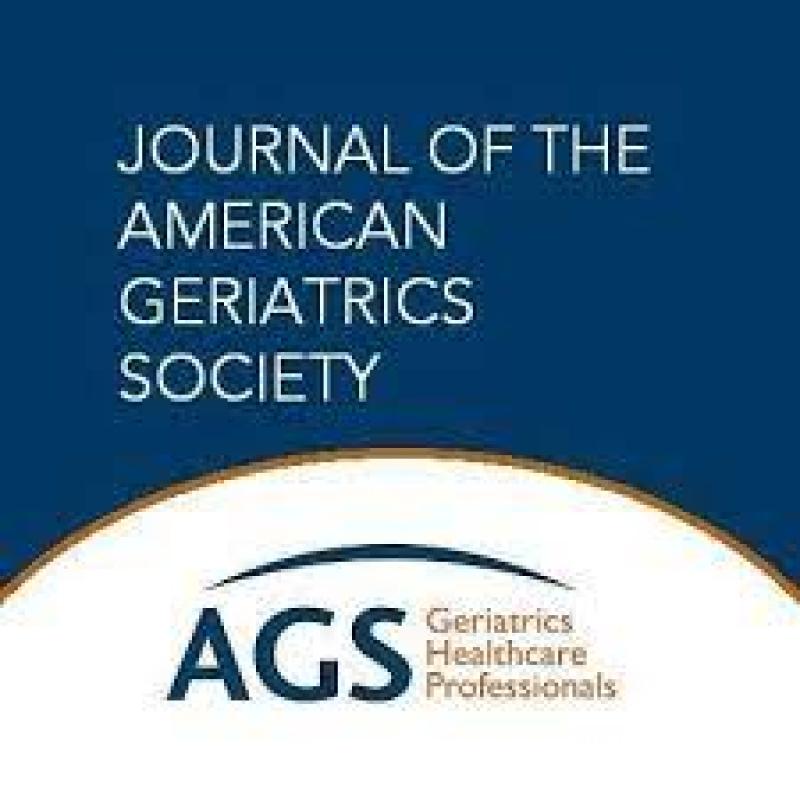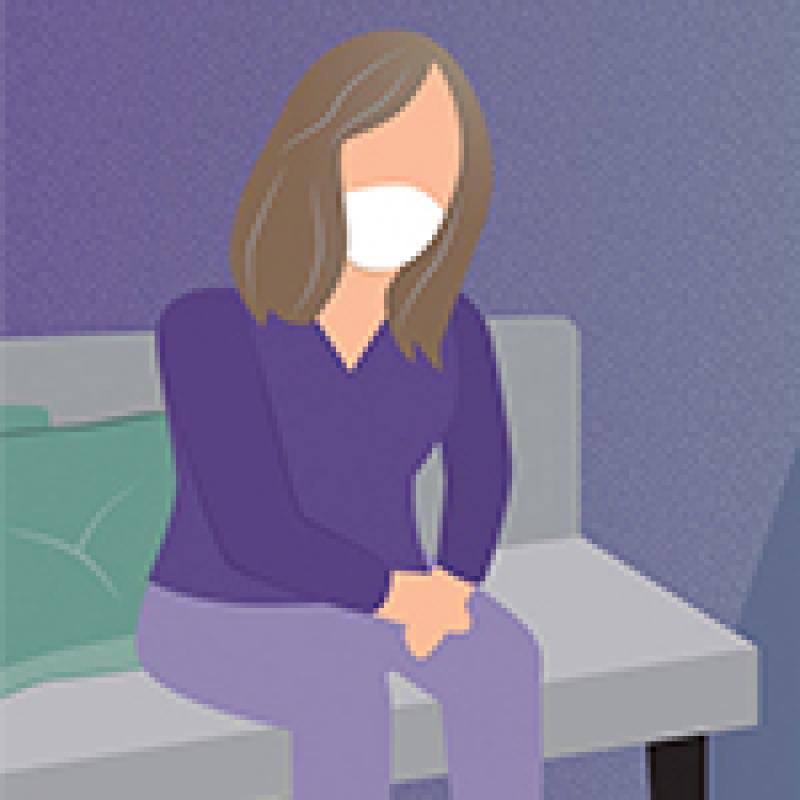Biography
Dr. Gerlach is a Geriatric Psychiatrist and Assistant Professor in the Department of Psychiatry. Her research is focused on understanding trends and appropriate use of psychotropic medications among older adults including evaluating how psychotropic medications are utilized in end-of-life care. She has used national survey and administrative claims data to evaluate the growth of central nervous system (CNS) medication polypharmacy use among older adults and to understand how health systems respond to warnings (e.g., from the U.S. FDA) for psychotropic medications. Her work aims to inform safe and rationale psychotropic medication prescribing among older adults with mental health and cognitive disorders--including understanding how to best target appropriate treatment to patients that would benefit from treatment the most.
Areas of Interest
- Trends and appropriate use of psychotropic medications among older adults with mental health and cognitive disorders
- End-of-life care for patients with dementia
- Patient, provider, and health system factors that influence the care that older adults receive
Featured News

Dementia becomes an emergency 1.4 million times a year
Accidents and behavioral disturbances lead the list of reasons for ER visits, suggesting need for better caregiver support to prevent crises

Falling off a cliff: Psychiatric care of nursing home residents
New article by Drs. Lauren Gerlach and Donovan Maust published in the Journal of the American Geriatrics Society

Good news, bad news on risky medication use in nursing homes
The VA’s efforts to reduce use of risky antipsychotic medications in its nursing homes succeeded – but use of other medications with less evidence behind them rose.

Be wary of benzodiazepines' side effects
Interview with ACP citing Dr. Lauren Gerlach's work on benzodiazepine prescribing to older adults

Study suggests need to screen older adults for mental health symptoms as pandemic continues
Women, people in their 50s and early 60s, and those in fair or poor health most likely to report worse depression, anxiety, sleep and overall mental health in past year.




